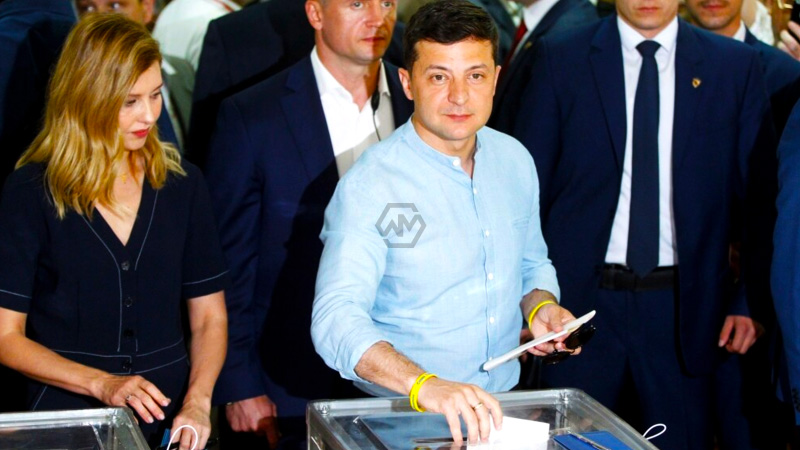- The presidential election in Ukraine next year has been the subject of a contentious debate.
- US party politics are influencing the conversation about Ukrainian elections ahead of that nation’s 2024 election.
- Experts concur that it is simply not feasible to hold free and fair elections with a competitive political process in the current environment.
The question of whether to hold the originally planned presidential election in Ukraine next year has been the subject of a contentious debate. Following Russia’s full-scale invasion in February 2022, the country is currently under martial law, which prohibits all elections, including presidential ones.
The idea has infuriated many in Ukraine, who worry that a vote might divert attention from the country’s struggle to survive. President Volodymyr Zelensky’s declaration in November that the timing of the elections was “not the right time” reduced tensions. But the problem appears far from resolved, igniting a political spat that hasn’t been seen in the nation since the beginning of Russia’s full-scale invasion.
Election in Ukraine
Partially driven by a small faction within the Republican party, US party politics are influencing the conversation about Ukrainian elections ahead of that nation’s 2024 election. This is being used by some hard-right Republicans as an excuse to oppose military aid to Ukraine.
The issue of support for Ukraine becomes entangled in US domestic politics and party divisions as Donald Trump’s isolationist views gain traction within the Republican party.
During a visit to Kyiv in August, US Senator Lindsey Graham, a Republican, used this issue to criticize Ukraine, stating that presidential elections must take place in Ukraine in 2024.
President Zelensky is aware that he must confront the US’s increasingly aggressive rhetoric, as the US is Ukraine’s principal ally and its military support is essential to fending off Russia’s incursion.
There are numerous barriers to voting, even if martial law is lifted to permit elections. The first is security; the second is a displaced population.
Other issues include limited rights during martial law, an antiquated voter registry, damaged schools—which are typically used as polling places—and a lack of funding. Experts concur that it is simply not feasible to hold free and fair elections with a competitive political process in the current environment.
The head of the parliamentary subcommittee on elections and referendums, MP Alina Zagoruyko, contends that Volodymyr Zelensky will continue to hold legitimate presidential authority even after his term ends in the spring of 2019.
Given that many towns and villages have been destroyed and election infrastructure has been damaged, the majority of politicians and experts concur that preparations for the post-war elections must begin immediately.
It appears that the majority of Ukrainian political parties and organizations concur that while they are still at war with Russia, they cannot afford to return to political squabbling during peacetime. Maintaining this consensus will become more difficult as the war continues, in part due to political unrest among Ukraine’s Western allies.



